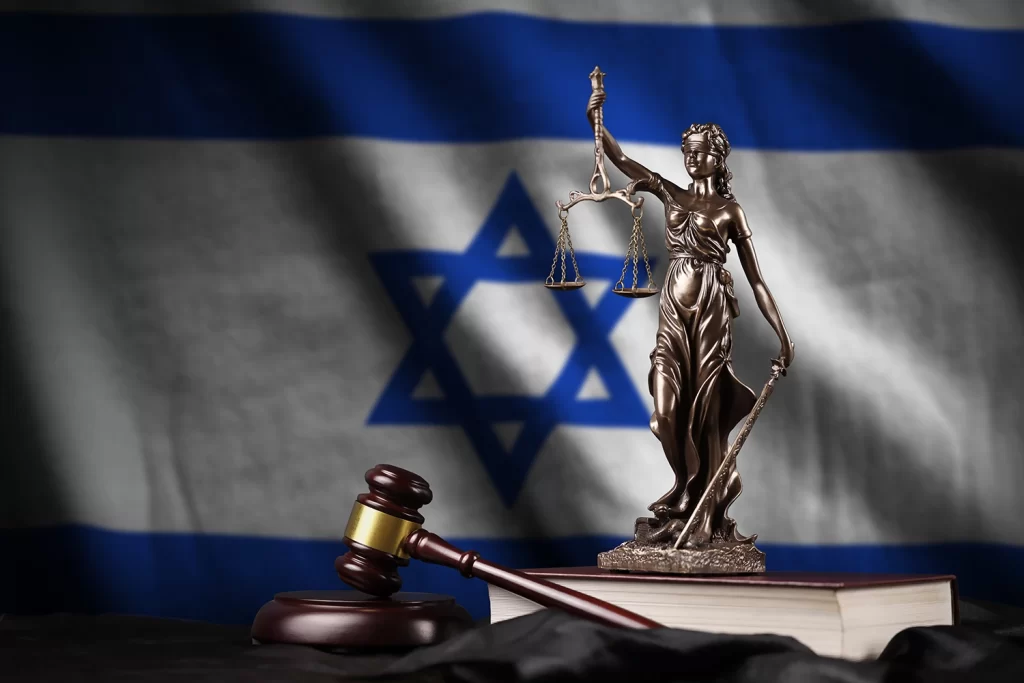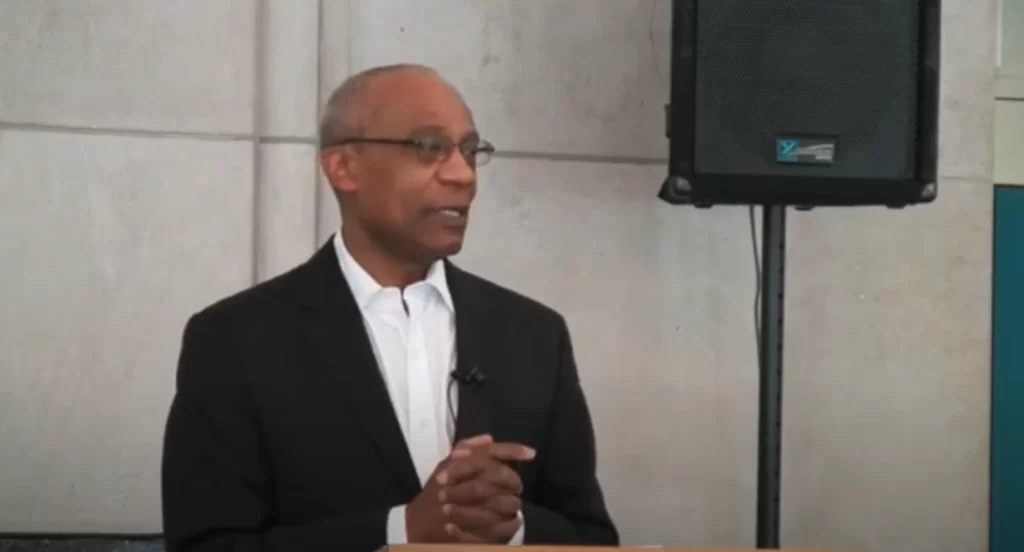ANTISEMITISM: What educators need to know and do

The goal of inclusive education and its inherent quest for equity and justice isn’t passive. It calls for us to join the struggle against all forms of racism and bigotry and to accept the responsibility to promote human rights for all our students and colleagues.
Five Good Ideas

We are in an era of tremendous change, where everything is being disrupted: governments, institutions, personal lives and the workplace. Innovation expert John Seely Brown calls it the Cambrian Moment.
